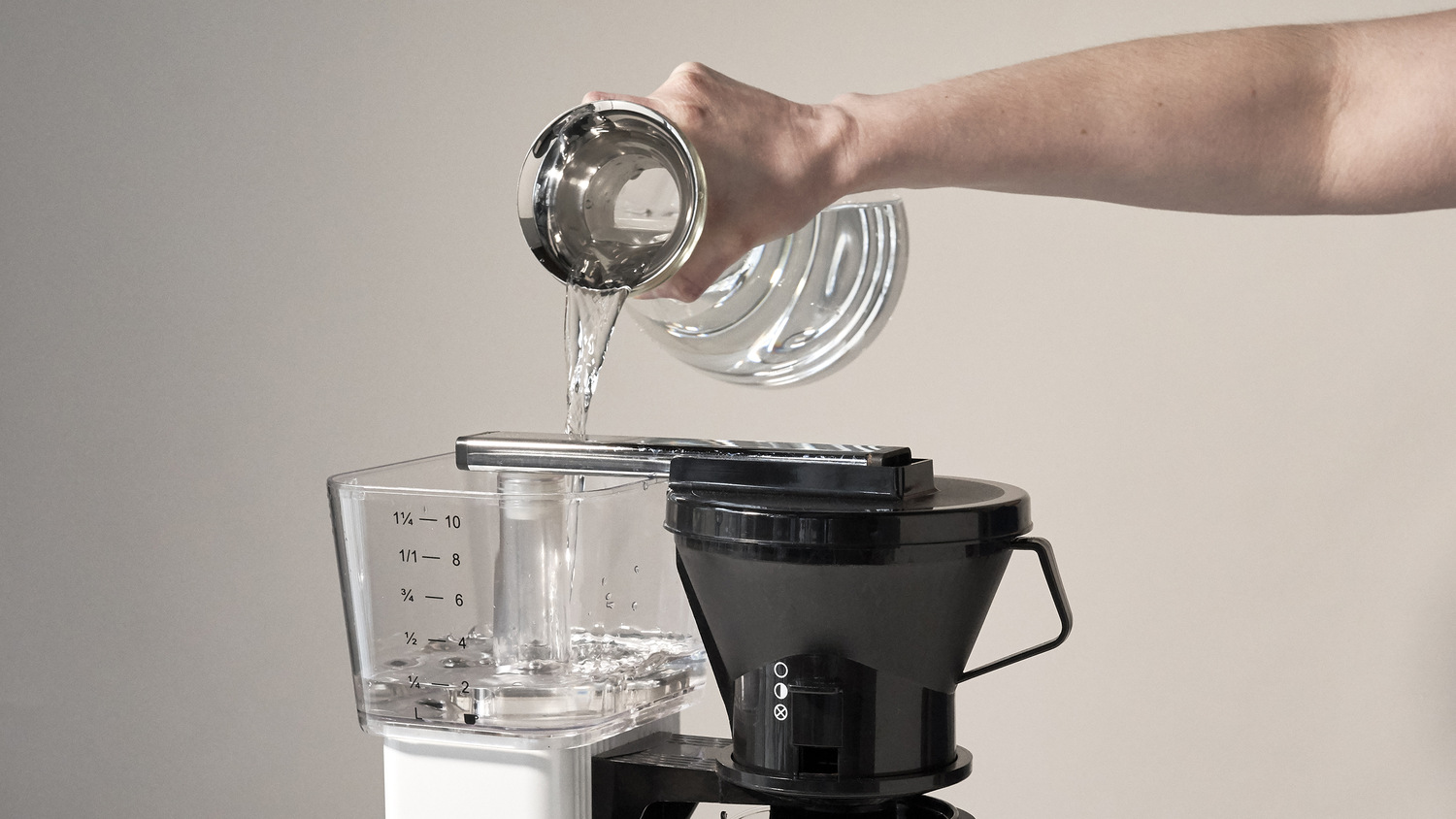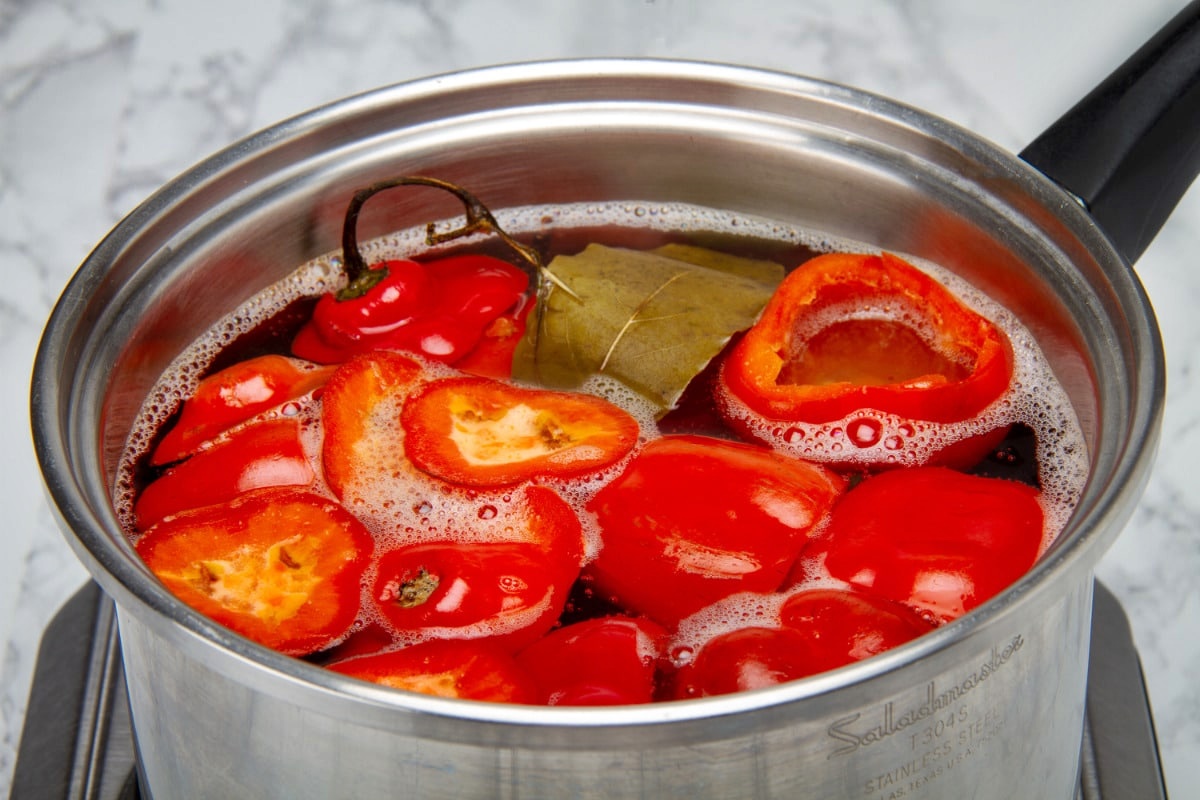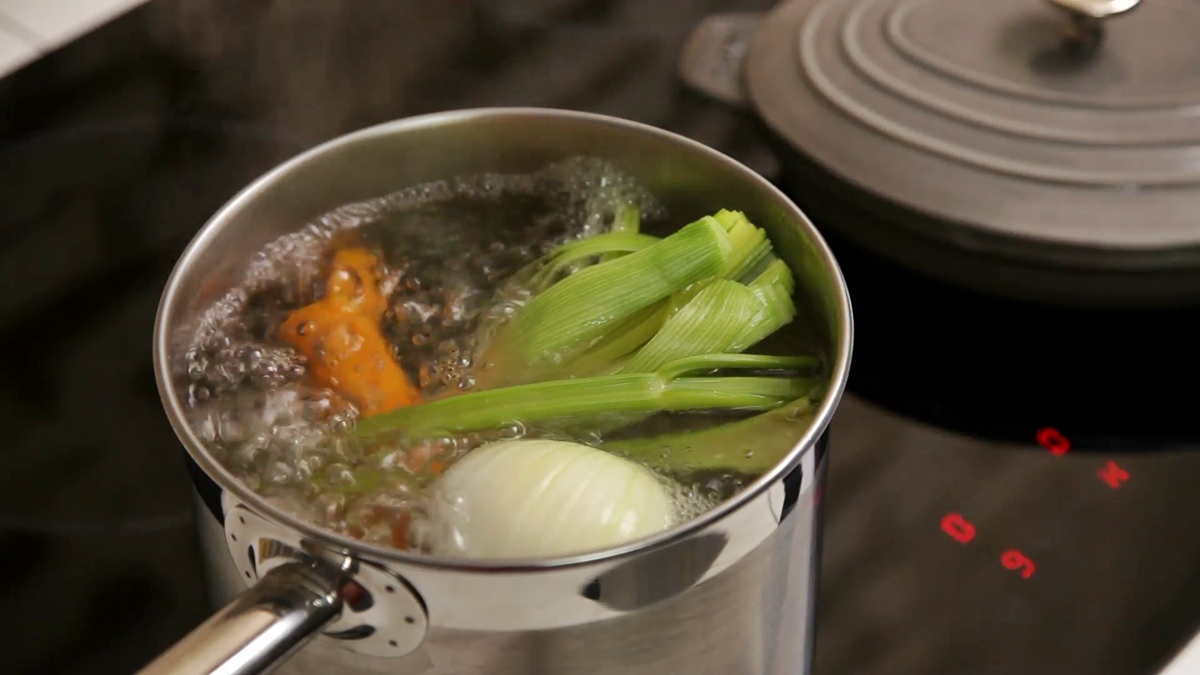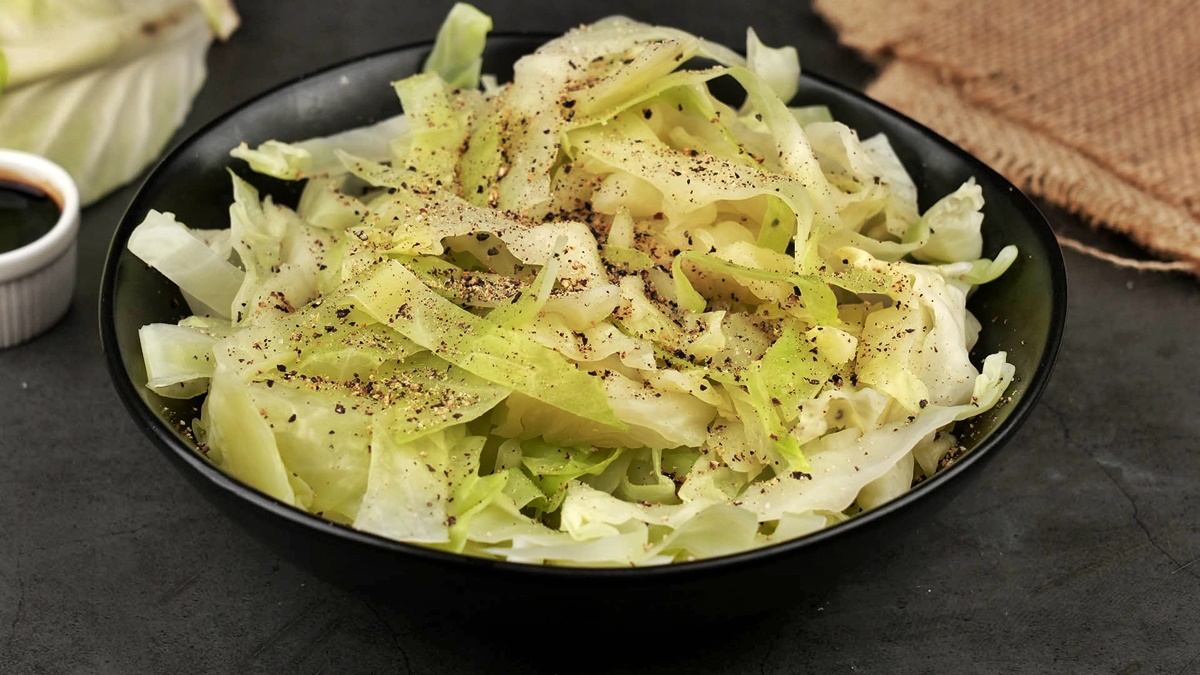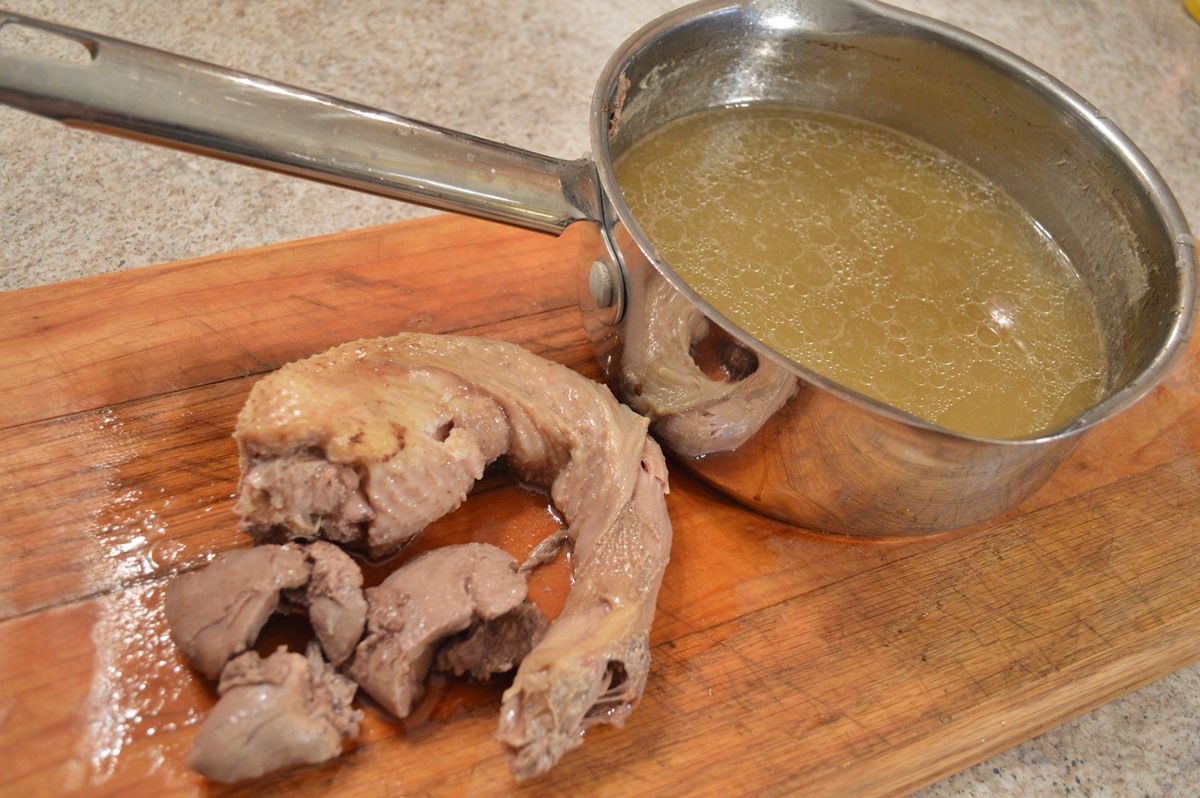How To Boil Vegetables Without Losing Nutrients
Boiling vegetables is one of the most popular methods of cooking. It’s simple, convenient, and enhances the natural flavors of the vegetables. However, many people worry about losing nutrients during the boiling process. The good news is that there are a few simple tips and techniques that can help you retain more nutrients when boiling your vegetables.
1. Use minimal water
When you boil vegetables, it’s important to use just enough water to cover them. Excess water can cause the vegetables to lose water-soluble vitamins like vitamin C and B vitamins. By using minimal water, you can help prevent nutrient loss and ensure that the vegetables retain their natural flavors.
2. Cut the vegetables into larger pieces
Cutting vegetables into smaller pieces before boiling can lead to more nutrient loss. When the surface area of the vegetable is increased, more nutrients are exposed to heat and water, causing them to leach out. To minimize this, try cutting the vegetables into larger pieces which will reduce nutrient loss during the cooking process.
3. Reduce cooking time
The longer vegetables are cooked, the higher the chance of nutrient loss. To preserve the nutrients in your boiled vegetables, try reducing the cooking time. Keep a close eye on your vegetables and remove them from the boiling water as soon as they are tender-crisp. This will help retain their color, texture, and nutrient content.
4. Save the cooking water
The water used to boil vegetables contains valuable nutrients that have leached out during the cooking process. Instead of pouring this water down the drain, consider saving it and using it in other recipes. You can use it as a base for soups, stews, or even as a cooking liquid for grains like rice or quinoa. This way, you’ll be able to retain and enjoy the nutrients that would have otherwise been lost.
5. Try steaming instead
If you’re concerned about nutrient loss through boiling, steaming is a fantastic alternative. Steaming vegetables can help preserve more nutrients compared to boiling, as they are not in direct contact with water. Invest in a steamer basket or a steaming pot, and you’ll be able to enjoy vegetables that are both nutrient-rich and flavorful.
6. Add a squeeze of lemon
Lemon not only adds a burst of flavor to your boiled vegetables but can also help retain their color and nutrients. The acidity in lemon juice can help prevent certain vitamins, such as vitamin C, from breaking down during the cooking process. Simply squeeze some fresh lemon juice over your boiled vegetables before serving to enhance their taste and boost their nutrient content.
7. Season wisely
While boiling vegetables, it’s important to season them properly to enhance their flavor. However, be mindful of the amount of salt you add, as excess sodium can lead to health issues. Instead, try using herbs and spices to add flavor and reduce the need for excessive salt. Not only will this help retain the nutrients in your vegetables, but it will also make them taste even better.
By following these simple tips, you can ensure that your boiled vegetables are not only delicious but also packed with essential nutrients. So go ahead and enjoy your favorite boiled vegetables without worrying about losing their nutrient content!
Was this page helpful?
Read Next: How To Boil Noodles Without Sticking
